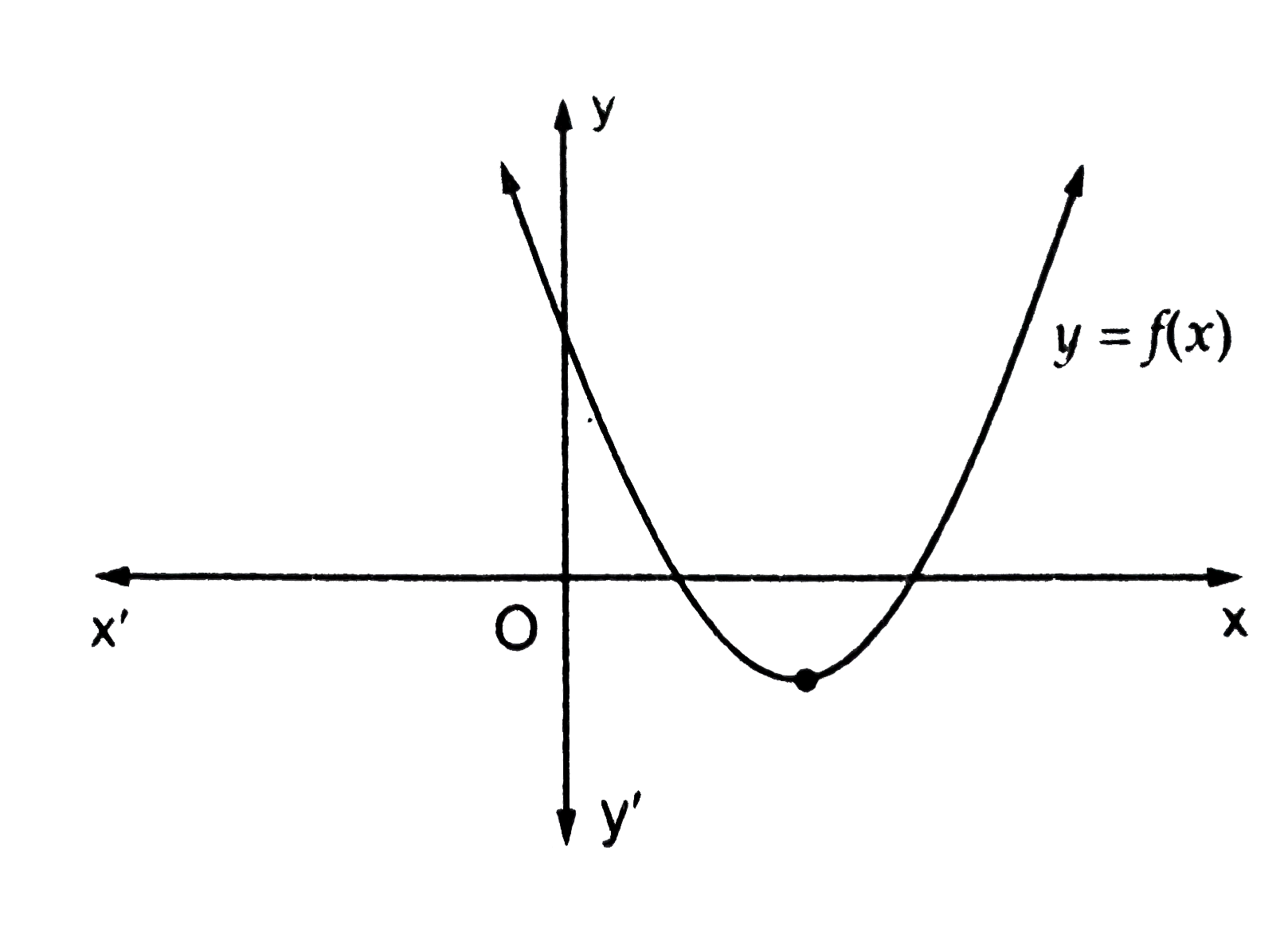Study the following information carefully and answer the questions given below: Eight persons A, B, C, D, E, F, G and H are sitting around a circular table with equal distances between each other, facing the centre, but not necessarily in the Same order. D sits third to the right of E. A sits second to the right of D. H sits to the immediate left of C. F sits second to the left of H. G is an immediate neighbour of E.
Which of the following statements is true with respect to B as per the given arrangement?
A11 the given statements are true.
Only one person sits between B and A
Only two persons sit between B and G
Only three persons sit between B and H.
The correct Answer is:D
Step by step video, text & image solution for Study the following information carefully and answer the questions given below: Eight persons A, B, C, D, E, F, G and H are sitting around a circular table with equal distances between each other, facing the centre, but not necessarily in the Same order. D sits third to the right of E. A sits second to the right of D. H sits to the immediate left of C. F sits second to the left of H. G is an immediate neighbour of E. Which of the following statements is true with respect to B as per the given arrangement? by Reasoning experts to help you in doubts & scoring excellent marks in Class 14 exams.
Similar Questions
पांच तत्व A, B, C, D व E के E∘ क्रमशः −1.36,+0.32,+1.36,−0.42 तथा −2.2.6 है उनको बढ़ती सक्रियता के क्रम में लिखो ।
04:44View Solutionनीचे कुछ अभिक्रियाएँ दी गयी है-
(a) ACl2+B→BCl2+A
(b) B+DCl→ कोई अभिक्रिया नहीं
(c) C+2DCl→2D+CCl2
(d) C+ECl2→ कोई अभिक्रिया नहीं
(e) H2+ECl2→2HCl+E
(f) H2+FCl2→ कोई अभिक्रिया नहीं
उपरोक्त दिए तत्वों (A से F) को रासायनिक सक्रियता के घटते क्रम में व्यवस्थित करो ।03:15View Solutionदो सेलो के मानक विधुत वाहक बल नीचे दिए गये है ।
2Ag+Pt2+→2Ag++Pt, E∘=0.40V
2Ag+F2→2Ag++2F−, E∘=2.07V
यदि सेल अभिक्रिया Pt→Pt2++2e का मानक विभव 0 मान लिया जाए तो ज्ञात करो ।
(i) 1Ag→Ag++e− के लिए मानक विभव ,
(ii) F−→12F2+e के लिए मानक विभव13:30View Solutionनिम्नलिखित कथनों पर विचार करें :
कथन I : माना कि ddx{f(x)+c}=F(x) तब ∫F(x)dx=f(x)+c
कथन II : समाकलन, अवकलन का प्रतिलोम प्रक्रम है | इन कथनो में :01:21View Solution∫ex{f(x)+f'(x)}dx को खंडश: समाकलन के प्रयोग से ज्ञात कर सकते है |
∫f(x)dx+∫exf'(x)dx=∫exf(x)dx+exf(x)−∫exf(x)dx+c
=exf(x)+c
तथा ∫eax{f(x)+f'(x)a}dx eaxf(x)a+c
इसलिए सही उत्तर चुने :
∫ex(tan−1x+11+x2)dx=03:27View Solution∫ex{f(x)+f'(x)}dx को खंडश: समाकलन के प्रयोग से ज्ञात कर सकते है |
∫f(x)dx+∫exf'(x)dx=∫exf(x)dx+exf(x)−∫exf(x)dx+c
=exf(x)+c
तथा ∫eax{f(x)+f'(x)a}dx eaxf(x)a+c
इसलिए सही उत्तर चुने :
e^(x)((1+sin x)/(1+cos x))dx=View Solutionबहुपद f(x)=ax2+bx+c का आलेखः चित्र में दर्शाया गया है | 'a' तथा b2−4ac के चिन्ह लिखिए |
 02:34View Solution
02:34View Solutionयदि f(x) एक बहुपद है जबकि f(a)f(b)<0, तो a तथा b के बीच शुन्यकों की संख्या क्या होगी ?
02:49View Solution
